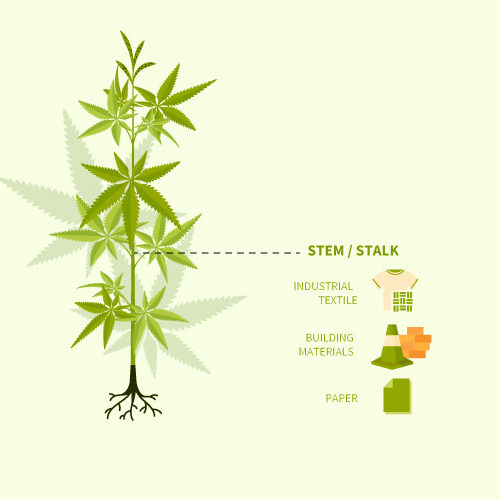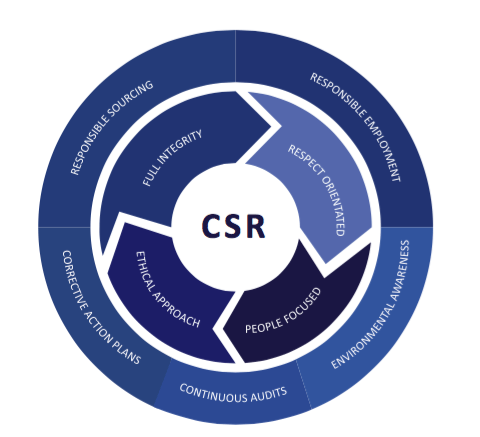Corporate social responsibility
Corporate Social Responsibility (CSR) plays a key function in our Industry, it is a decisional factor for our clientele, and we are proud, at Songze, to be able to use this as a competitive advantage.
Indeed, we have always been dedicated, since our inception, to source and produce ethically and with integrity, and are proud to be Sedex SMETA audited and certified.
We have a compliance department, which systematically conducts audits on our supply Chain, and guarantee all aspects of sustainability and corporate social responsibility are checked, noted, and respected.
Sustainability
Sustainability is at the center of all what we do.
We ensure sustainable procurement through a balance of economic, social and environmental consideration in our processes.
This achieves our commitment to produce economically, ethically and efficiently, by taking into account Ethics, Environmental Management, and socio-economic benefits.
How we apply Sustainability
Songze recognizes that businesses can have a negative impact on the environment. We are committed, and enjoy finding ways in which we can reduce the impact of products and services we propose.
Almost all of our products have environmental benefits (we're working on making it "all")
So together with our employees, partners and factories we defined our Environment and Sustainability Policy.
Contact us to know how we implement these principles in a practical way.
Songze dedication to Eco-Friendliness
Some of the ways we adhere to our core principles

Paper Products

Glass
Thanks to Songze's Glass Blowing manufacturing capabilities, we can provide our clients with the very best glass has to offer. Glass does not contain any harmful chemicals and is 100% recyclable, it also has an unlimited lifespan and can be continuously recycled. The glass is crushed, then blended, and then melted with sand, limestone, and other raw materials, including more glass. The end result are new bottles, jars and glasses to promote your brand.

Recycled fabrics

RPET
Recycled PET is commonly known as rPET and is the most widely recycled plastic worldwide. The majority of all solid waste in the world is made up of PET Plastic. We re-use this material to to create new merchandise and craft something new from the old. PET is the most common type of plastic used widely for packaging, disposable bottles/containers across all industry verticals. The use of rPET plastic is on the rise as a result of its low carbon footprint, recyclability, and strong environmental credentials.

Cork

Bamboo Plastic Composite
Bamboo is known as one of the fastest growing plants (grass) in the world and it can replenish itself within a year minimal water requirements and without need of fertilizers to boost its growth. Since bamboo is naturally pest-resistant there is no need for pesticides. Bamboo plastic composite (or BPC) is essentially made by combining bamboo fibers with a matrix substance that will engulf the fibers and hold them in place. A 100% natural and biodegradable material, it is the ideal plastic replacement for your merchandise.
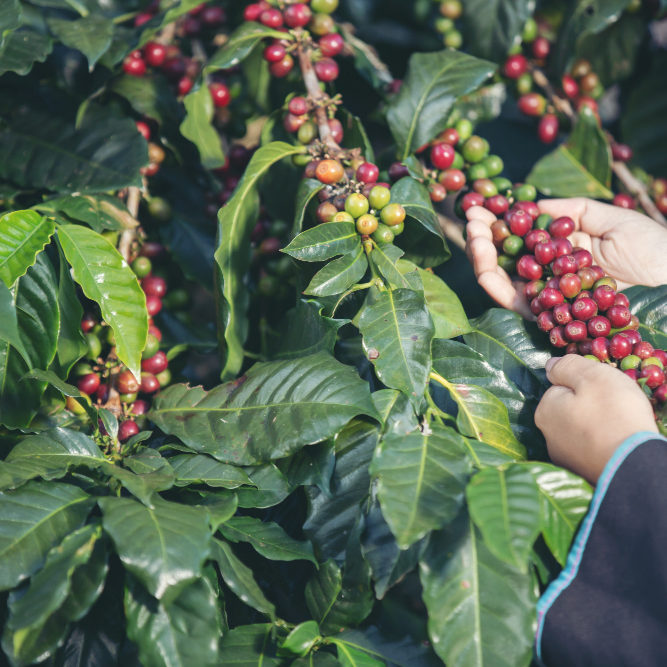
Coffee husk
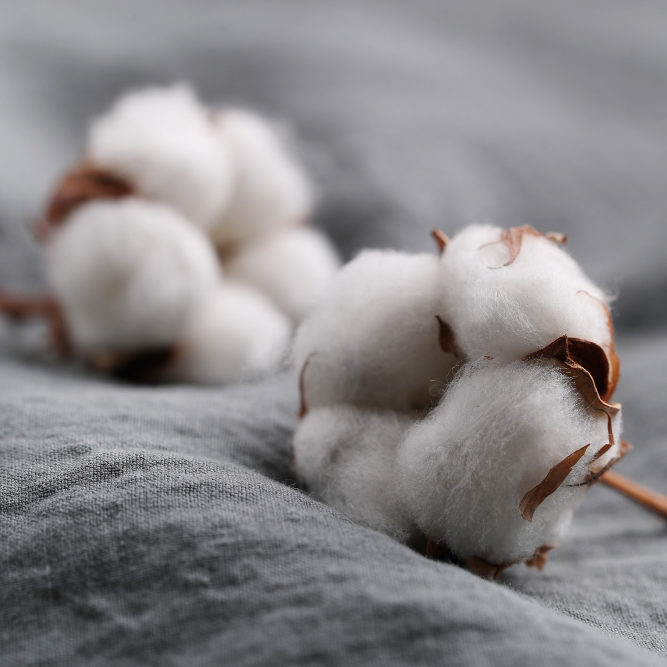
Organic cotton
Organic cotton is equal to cotton in every way and is generally defined as being grown organically from non-genetically modified plants, and without the use of any synthetic agricultural chemicals such as fertilizers or pesticides. To make sure that our cotton is indeed organic, Songze goes through extensive supply chain audits and verifications as only certified cotton can be marketed. Organic Cotton only makes up 1-2% of global cotton production but has been on the rise in recent years.
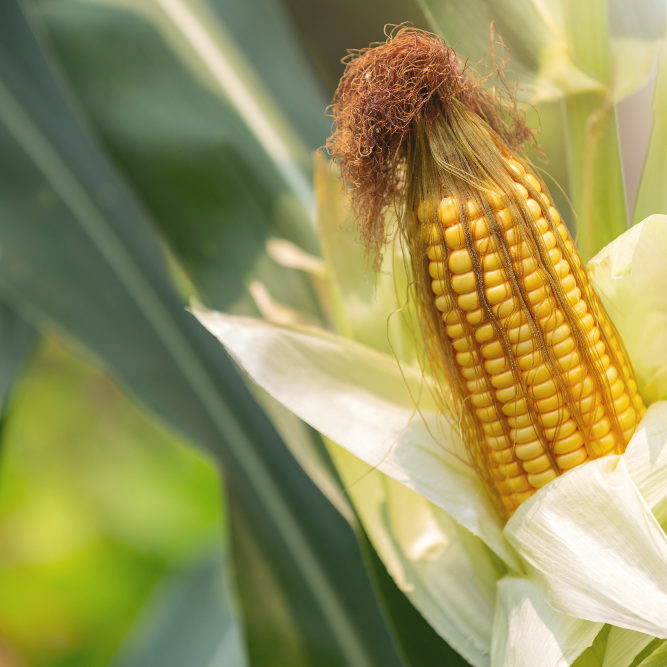
Corn PLA
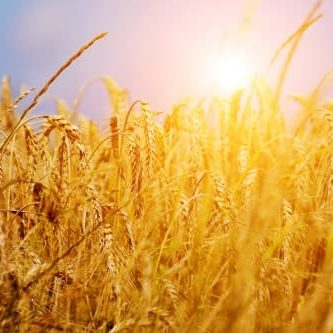
Wheat Straw
Wheat-straw is one of the latest eco friendly materials, mainly harvested as an agricultural waste product that remains after grain or juice is extracted from the crops. However it contains a substance known as Lignin, which when combined with sugar, can be turned into a bio-plastic. When wheat straw is used to make bio-plastic, it becomes compostable and can decompose in a home or commercial site. Wheat Straw plastic leaves behind no toxic material, is completely BPA free and has FDA approval. Production of bio plastic consumes less energy and gives off less CO2 emissions than the production of synthetic plastics, which is derived from petroleum.
